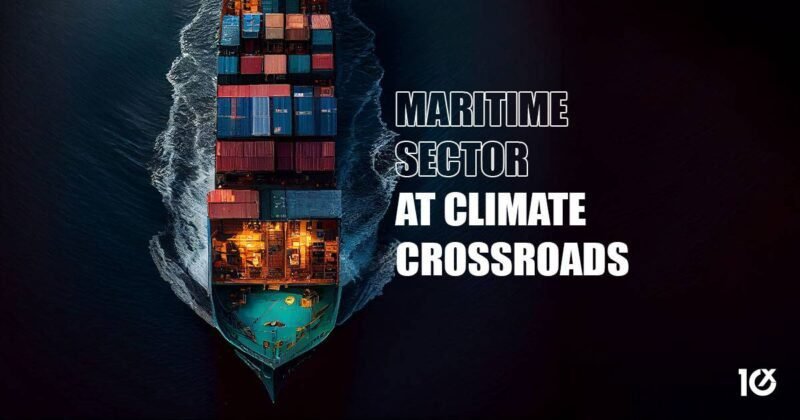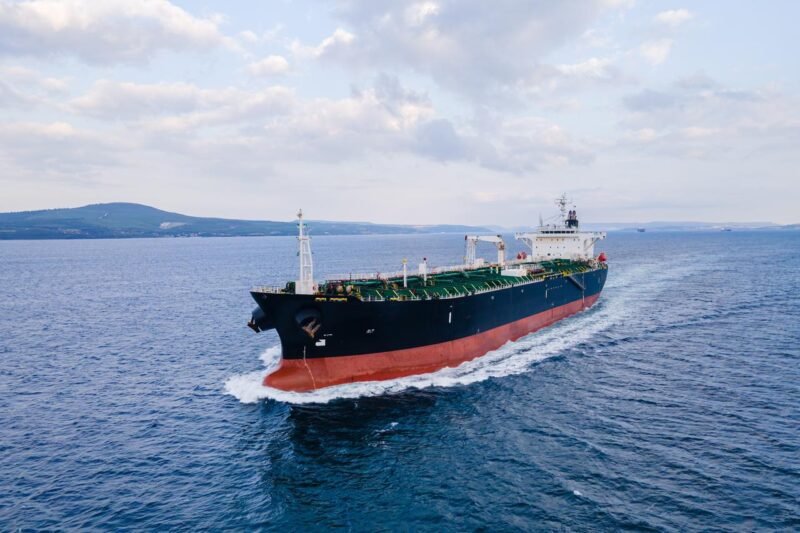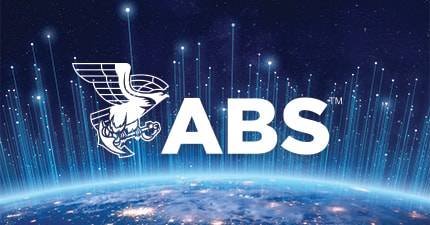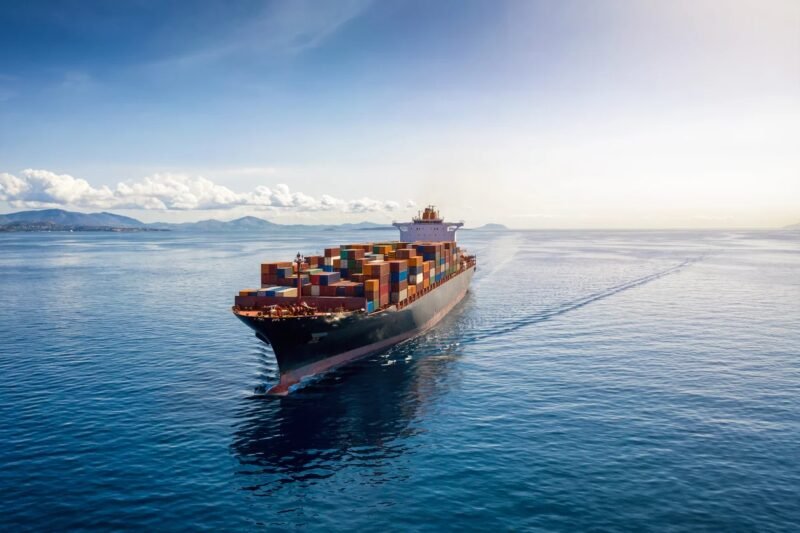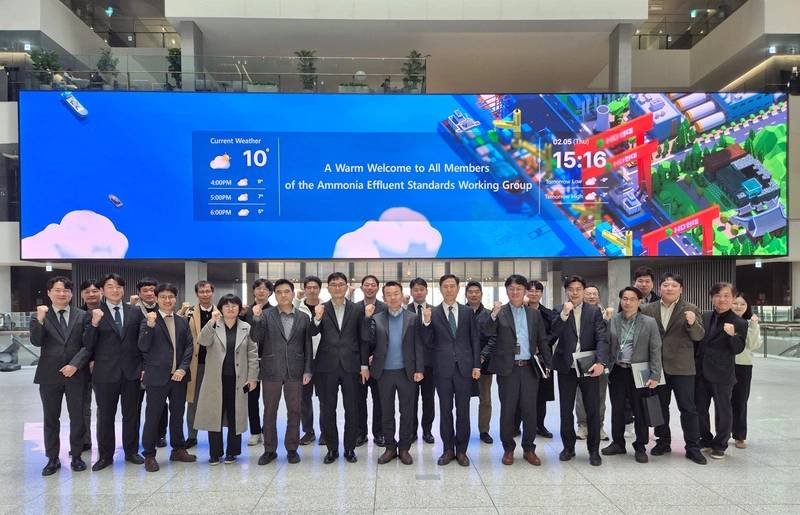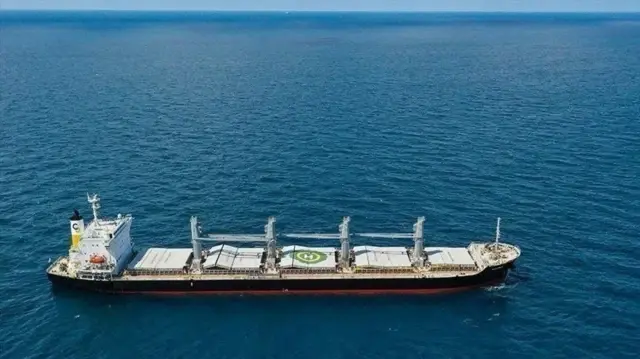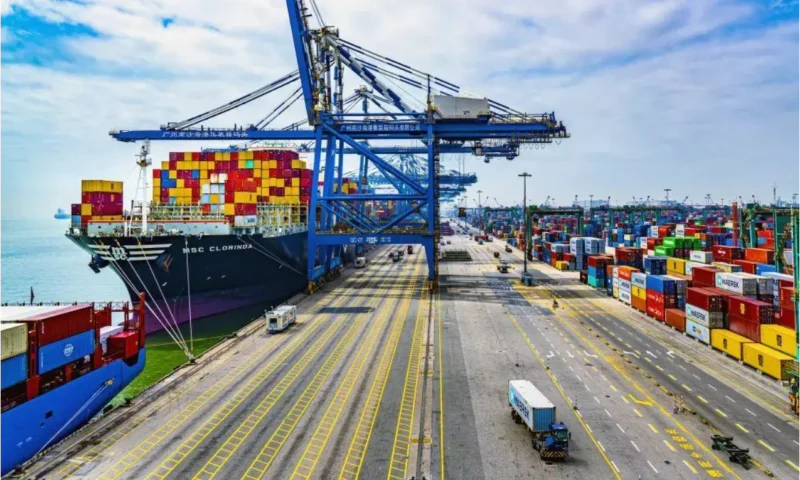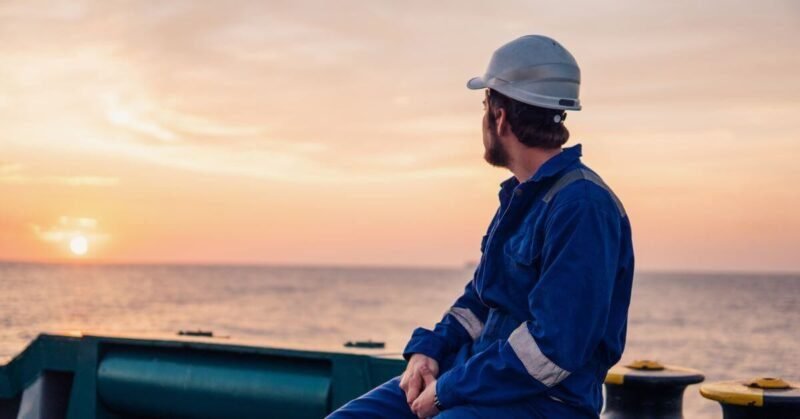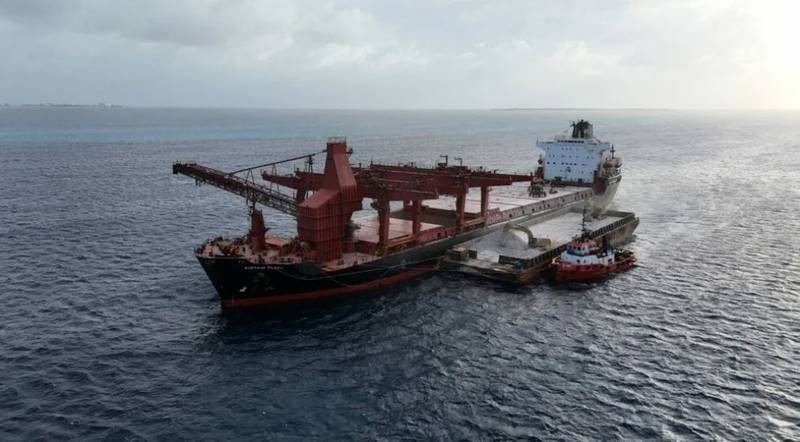The latest report by Arthur D. Little (ADL) warns that greenhouse gas (GHG) emissions from the global maritime fleet are projected to rise by 44 percent by 2050 if current practices remain unchanged. This alarming forecast highlights the urgent need for the industry to embrace decarbonization and adopt sustainable practices. The report, titled Creating A Greener Future for the Blue Economy, emphasizes the critical environmental challenges facing the port and maritime sector, including pollution from plastics, chemicals, and threats to biodiversity. It calls for an ecosystem-based approach to achieving sustainability goals in the industry.
Since 2012, GHG emissions from maritime transport have risen by 23 percent, with a 4.7 percent increase recorded between 2020 and 2021 alone. The surge is attributed to the industry’s reliance on traditional fuels and inefficient resource usage. The European Union and other regions are implementing stricter regulations and mandatory renewable fuel usage, catalyzing a transition towards a net-zero shipping industry. Consumer demand for sustainability is also influencing change, with businesses increasingly under pressure to align with ethical and environmental standards.
The concept of the blue economy, which seeks to balance economic growth with environmental sustainability, is facing challenges such as biodiversity loss, pollution, resource depletion, and coastal livability issues. The industry needs to enhance collaboration and proactively address these risks. The GCC region is spearheading initiatives for a greener maritime sector, with Bahrain’s APM Terminals Bahrain targeting a 70 percent reduction in emissions by 2030 and Oman’s HYPORT Duqm project focusing on green hydrogen and ammonia production. ADL’s report calls for a comprehensive approach, including regulatory harmonization, innovative technologies, and sustainable practices, to achieve the net-zero emissions necessary for a sustainable maritime future.


